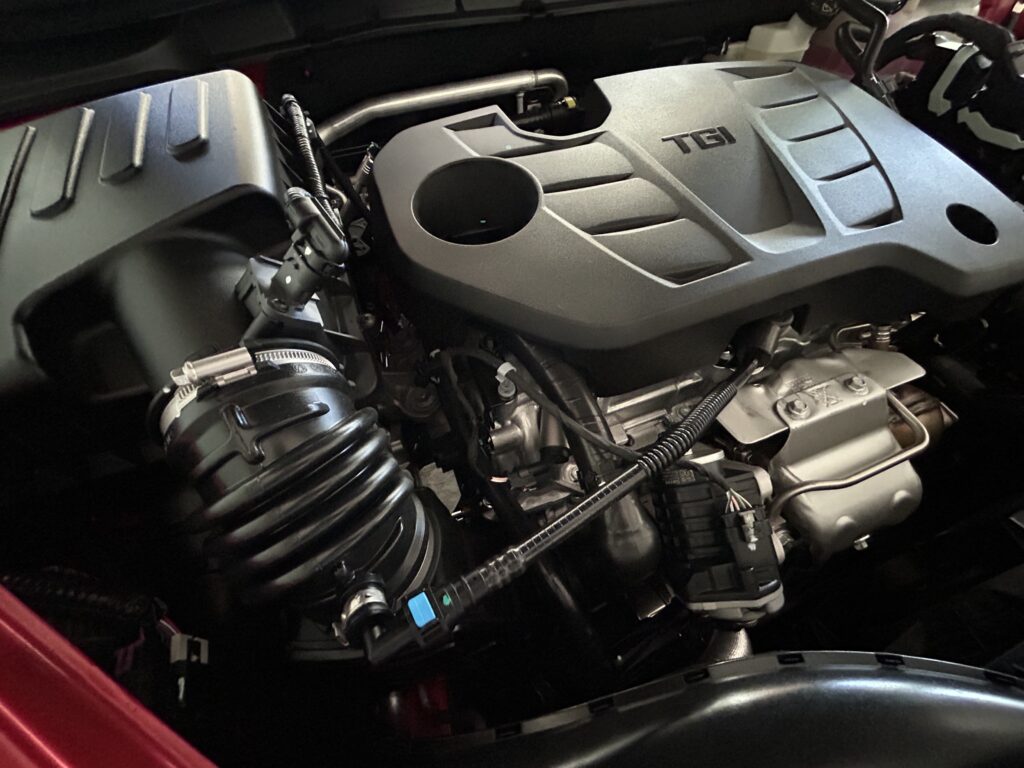MANDAUE CITY, Cebu–The scorching heat of summer can take its toll on various aspects of our lives.
The intense heat can affect us humans, our fur babies, our plants, and also our cars.
READ MORE:
Did you know that your pets may suffer from heat stroke too?
Heat-related illnesses: What you need to know
Heat can cause engine overheating, tire blowouts, and a myriad of other issues on our cars.
So understanding how heat affects cars and implementing proper maintenance and precautions is essential for ensuring their longevity and safe operation, especially during summer months.
Engine overheating

CDN Digital photo | Brian J. Ochoa
One of the most common issues caused by heat is engine overheating. When temperatures rise, the coolant in the engine evaporates more quickly, leading to insufficient cooling. This can result in damage to engine components, such as warped cylinder heads or blown gaskets.
To prevent engine overheating, it’s crucial to regularly check coolant levels, ensure proper circulation, and schedule routine maintenance checks.
Battery failure
Extreme heat can also significantly impact car batteries. High temperatures accelerate the chemical reactions within the battery, causing it to lose its charge more rapidly. Additionally, heat can lead to the evaporation of electrolyte fluid, reducing the battery’s lifespan.
To mitigate the risk of battery failure, park your car in shaded areas whenever possible and have the battery tested regularly, especially before the summer months.
Tire blowouts
Heat can affect tire pressure, causing it to increase and potentially leading to blowouts. As the temperature rises, the air inside the tires expands, putting additional stress on the tire walls. This can result in weakened tire structures and increased susceptibility to blowouts, particularly on long drives or when carrying heavy loads.
Regularly check tire pressure and inspect tires for signs of wear and tear to prevent blowouts. Some also opt to use nitrogen to inflate their tires. Nitrogen-filled tires reduce the occurrence of tire pressure changes because nitrogen does not escape through small holes in the tire as easily as other gases.
Fluid evaporation
Fluids such as motor oil, transmission fluid, and brake fluid are vital for the proper functioning of a vehicle. However, high temperatures can cause these fluids to evaporate more quickly, leading to decreased lubrication and potential damage to engine and transmission components.
It’s essential to regularly check fluid levels and top them up as needed, especially during the summer months.
Interior damage
Prolonged exposure to heat can also cause damage to a car’s interior components. Excessive heat can lead to fading and cracking of upholstery, dashboard, and other plastic components. Additionally, it can cause electronic components, such as the stereo system and navigation display, to malfunction or fail prematurely.
Using sunshades and tinted windows can help reduce interior temperatures and protect against UV damage.


